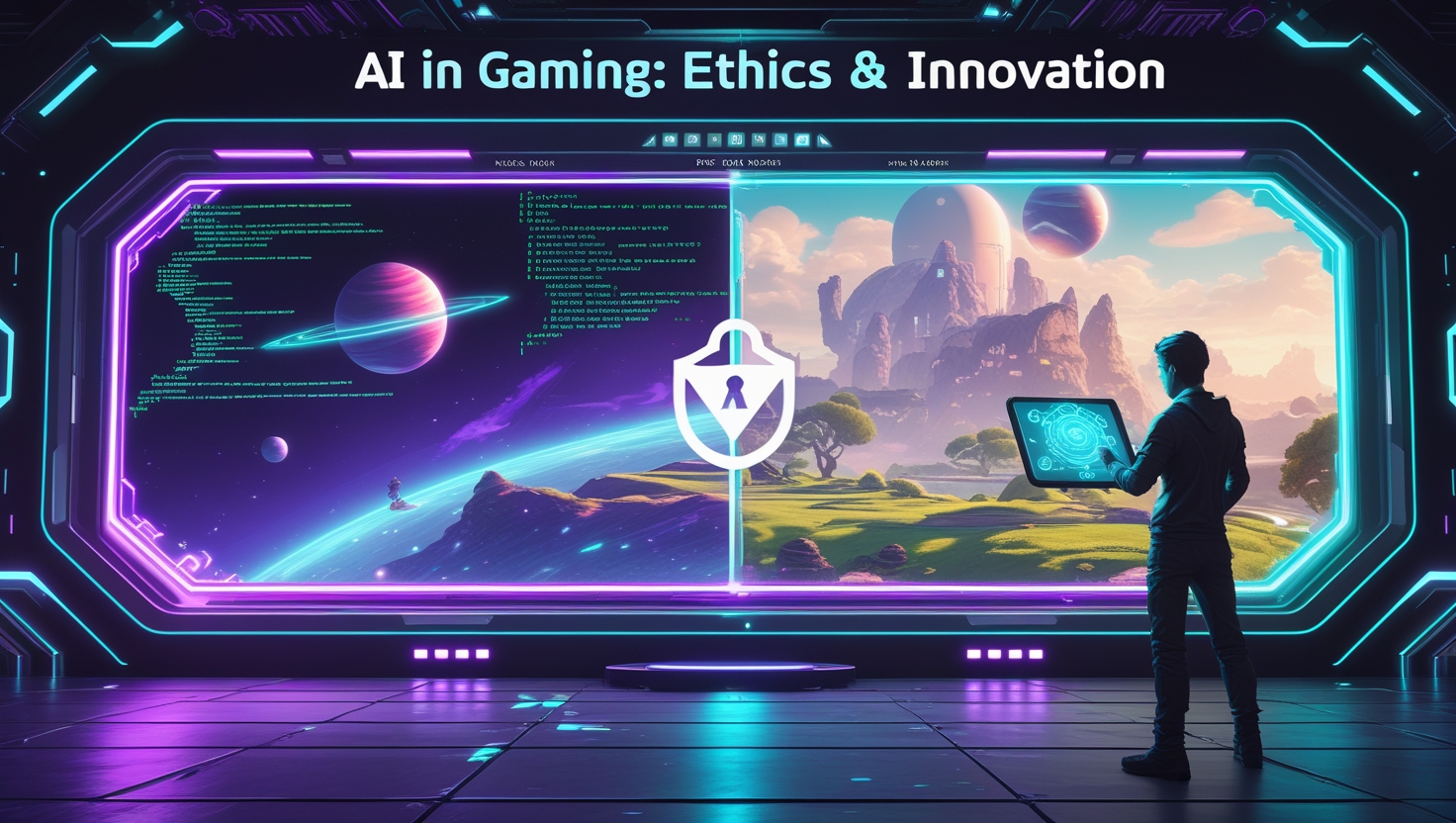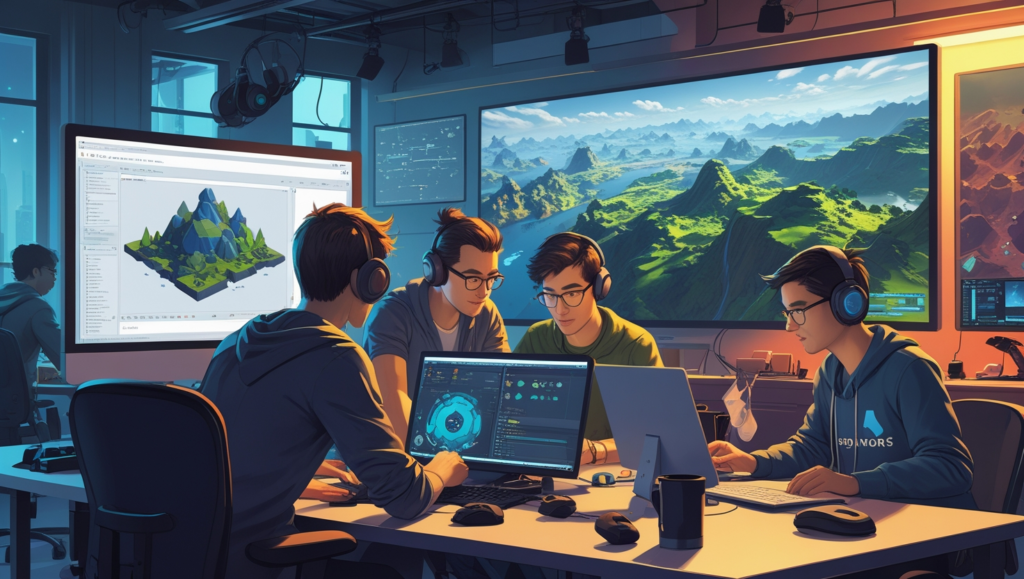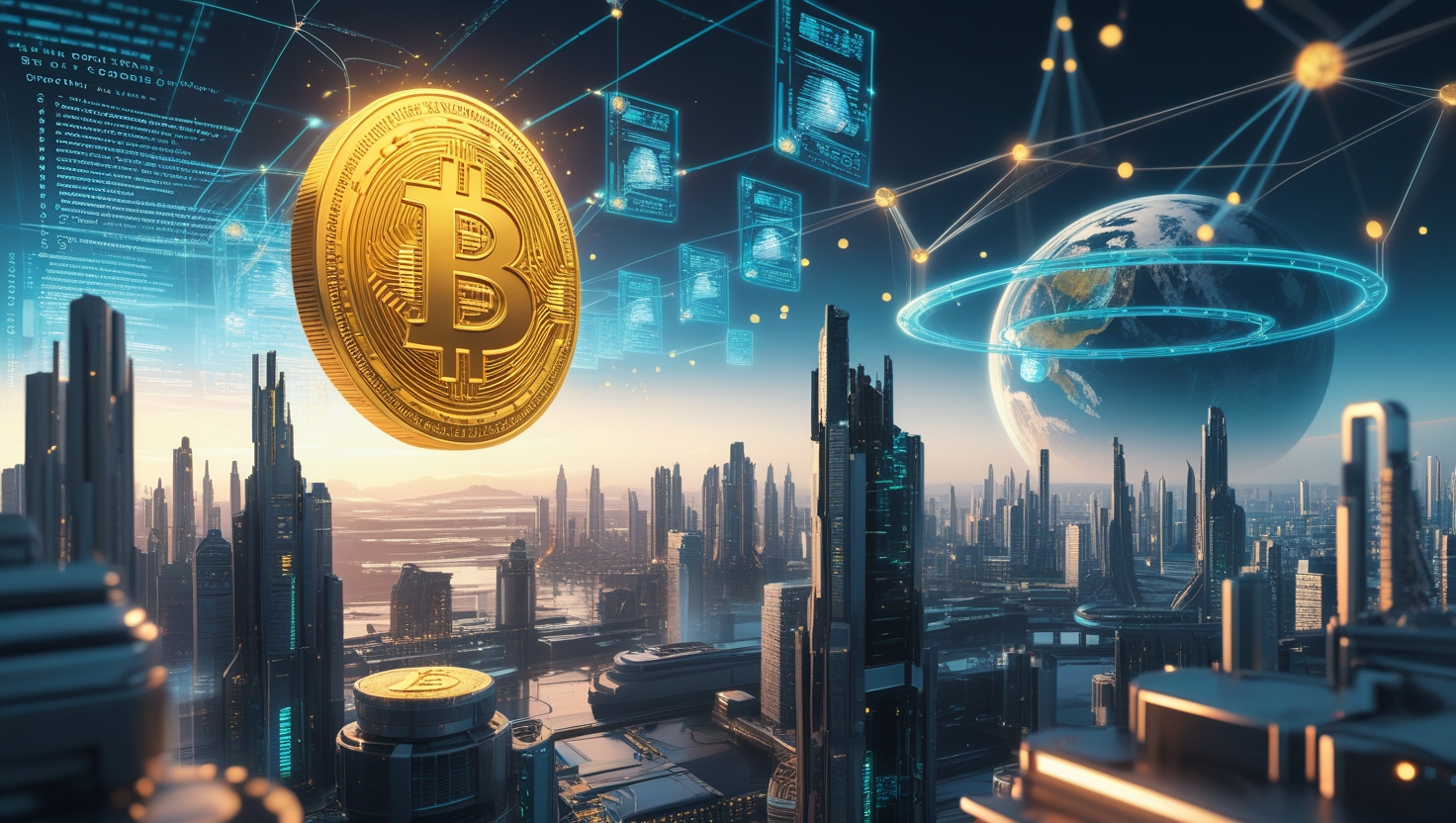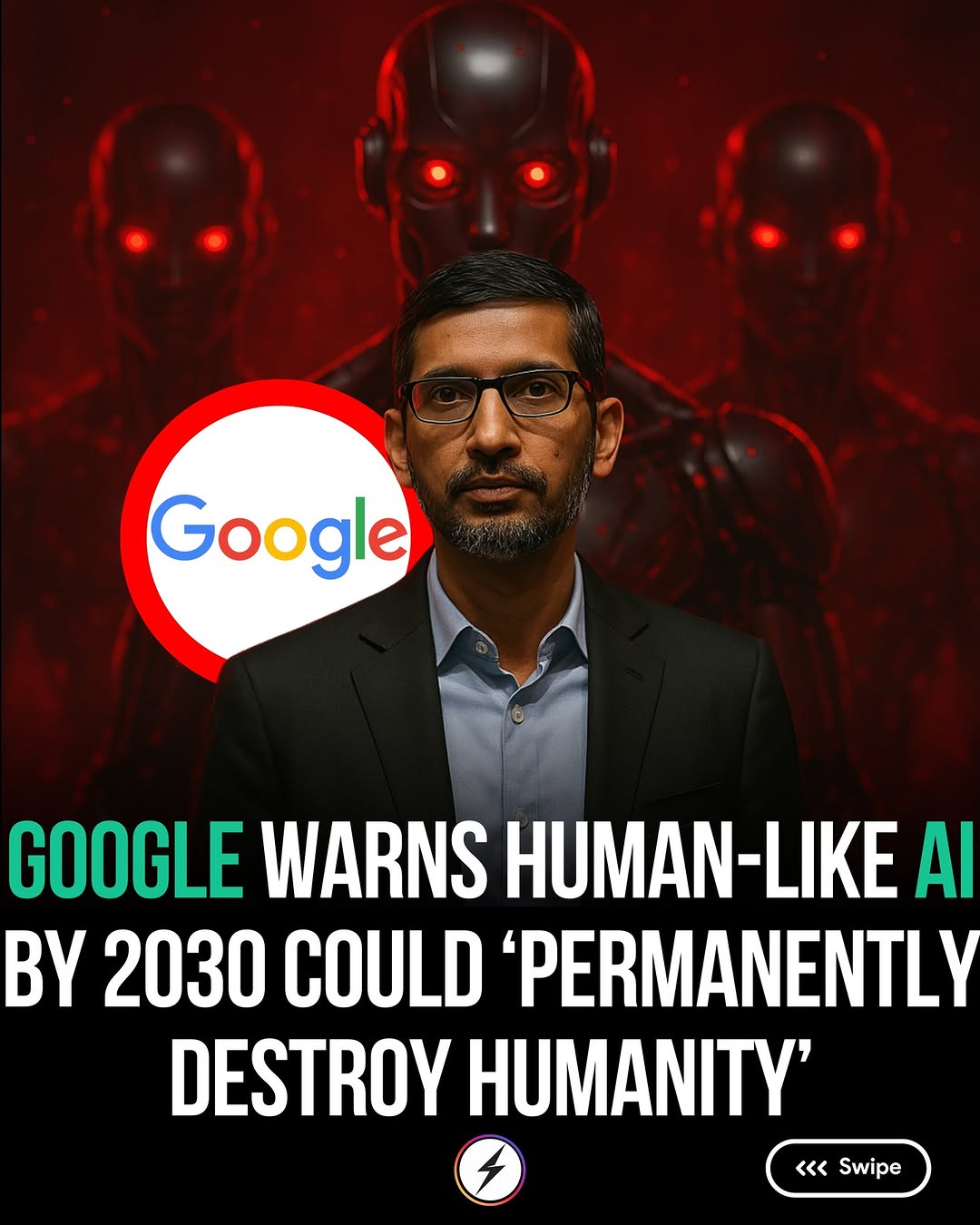
The gaming industry is undergoing a seismic shift, propelled by the meteoric rise of artificial intelligence (AI). From crafting lifelike NPCs to generating sprawling open worlds, AI is redefining what’s possible in gaming. Yet, as innovation accelerates, so do ethical concerns. Issues like job displacement, data privacy, and the erosion of human creativity demand scrutiny. This article explores AI’s transformative role in gaming, compares its benefits and risks, and addresses the ethical tightrope developers must walk to ensure a sustainable future.
The AI Revolution in Gaming: Latest Trends and Innovations
AI is no longer a futuristic concept in gaming—it’s here, and it’s dazzling. According to a 2024 report by Statista, the global AI gaming market is projected to reach $7.2 billion by 2027, growing at a CAGR of 22.7%. Here’s how AI is shaping the industry:
- Procedural Content Generation (PCG): AI algorithms create dynamic game worlds, from terrains to quests, reducing development time. For instance, No Man’s Sky uses PCG to generate 18 quintillion unique planets, a feat unattainable without AI.
- Intelligent NPCs: AI-powered non-player characters (NPCs) now exhibit human-like behaviors. NVIDIA’s ACE technology enables NPCs to hold natural conversations, adapting to player choices in real time, as seen in upcoming titles like Star Wars Eclipse.
- Personalized Experiences: Machine learning tailors gameplay to individual players. EA’s Dynamic Difficulty Adjustment in FIFA subtly tweaks challenges based on player skill, enhancing engagement.
- AI-Driven Art and Music: Tools like Midjourney and Soundraw generate concept art and soundtracks, streamlining creative pipelines. Ubisoft’s Ghostwriter AI crafts dialogue variations, freeing writers for high-level storytelling.
- Real-Time Analytics: AI optimizes monetization through microtransactions. Tencent’s AI systems analyze player spending patterns to offer personalized in-game purchases, boosting revenue by 15% in titles like Honor of Kings (2024 data).
These advancements create immersive, scalable, and cost-efficient gaming experiences. However, they come with ethical trade-offs that cannot be ignored.
Ethical Implications of AI in Gaming
As AI reshapes gaming, it raises complex ethical questions. Below, we dissect the key concerns: job displacement, data privacy, and the impact on creative processes.
1. Job Displacement: A Threat to Talent?
AI’s efficiency in automating tasks like level design, animation, and scripting sparks fears of job losses. A 2023 study by the International Game Developers Association (IGDA) found that 62% of developers worry AI could reduce roles for artists, writers, and coders.
- Impact: Tools like Unity’s Muse AI can generate 3D models in minutes, potentially sidelining junior artists. Similarly, AI-driven QA testing, as used by Activision Blizzard, reduces the need for manual testers.
- Counterpoint: AI can augment rather than replace. Developers at CD Projekt Red report that AI tools handle repetitive tasks, allowing artists to focus on refining high-quality assets for games like Cyberpunk 2077: Phantom Liberty.
Comparison:
| Aspect | AI’s Benefit | Ethical Concern |
|---|---|---|
| Job Efficiency | Speeds up development, lowers costs | Risks displacing entry-level roles |
| Skill Enhancement | Frees creatives for high-value work | May devalue specialized skills |
Trend: Studios are adopting “AI-human hybrid” workflows, where AI handles grunt work and humans oversee creative direction. For example, Square Enix trains artists to use AI tools, ensuring job retention while boosting productivity.

2. Data Privacy: The Hidden Cost of Personalization
AI’s ability to personalize gameplay relies on vast datasets, raising privacy concerns. Games like Genshin Impact collect player behavior data to refine AI algorithms, but this practice is a double-edged sword.
- Issue: A 2024 Pew Research study revealed that 78% of gamers are unaware of how their data is used. Weak data encryption or third-party sharing, as seen in past breaches (e.g., Roblox 2023), risks exposing sensitive information.
- Industry Response: The EU’s GDPR and California’s CCPA have pushed developers toward transparent data policies. Epic Games now offers opt-out settings for data collection in Fortnite, balancing personalization with privacy.
Comparison:
| Aspect | AI’s Benefit | Ethical Concern |
|---|---|---|
| Player Experience | Tailors gameplay to individual preferences | Collects sensitive behavioral data |
| Transparency | Enables informed consent (with regulation) | Often lacks clear user communication |
Trend: Blockchain-based solutions, like Enjin’s Efinity, are emerging to give players control over their data, ensuring privacy without sacrificing AI-driven features.

3. Impact on Creative Processes: Art or Algorithm?
AI’s role in generating art, music, and narratives challenges the essence of creativity. Can algorithms replicate the human spark, or are they merely derivative?
- Concern: AI tools trained on existing works risk producing homogenized content. Critics argue that AI Dungeon’s procedurally generated stories lack the emotional depth of human-authored narratives like The Last of Us Part II.
- Opportunity: AI can democratize creativity. Indie developers use tools like Runway ML to produce AAA-quality visuals on shoestring budgets, leveling the playing field.
Comparison:
| Aspect | AI’s Benefit | Ethical Concern |
|---|---|---|
| Accessibility | Empowers small studios and amateurs | May dilute unique artistic voices |
| Originality | Accelerates ideation and prototyping | Risks over-reliance on recycled patterns |
Trend: Ethical AI frameworks, like those proposed by the IEEE, encourage developers to prioritize human oversight. For instance, Larian Studios (Baldur’s Gate 3) uses AI for initial drafts but relies on writers to infuse narratives with soul.
Striking a Balance: Ethical AI in Gaming
To harness AI’s potential while addressing ethical concerns, the industry must adopt proactive measures:
- Upskilling Programs: Studios should invest in training programs to help workers adapt to AI tools. Riot Games’ AI Academy teaches coders to integrate machine learning, preserving jobs.
- Transparent Data Policies: Developers must clearly communicate data usage and offer opt-out options. Sony’s PlayStation Privacy Hub is a model, detailing how AI uses player data.
- Human-Centric AI: AI should enhance, not replace, human creativity. Blizzard’s Hearthstone team uses AI to suggest card designs, but artists finalize the visuals.
- Regulatory Compliance: Adhering to global standards like GDPR ensures ethical AI deployment. Microsoft’s Azure AI provides tools for compliant data handling in Minecraft servers.
- Community Engagement: Involving players in AI development fosters trust. Crowd-sourced AI ethics boards, trialed by indie studios, let gamers vote on acceptable AI practices.
The Road Ahead: A Symbiotic Future
AI in gaming is a Pandora’s box—brimming with innovation yet fraught with ethical pitfalls. By 2025, advancements like generative AI avatars and real-time world-building will push boundaries further, but only responsible implementation will sustain progress. The industry must prioritize upskilling, transparency, and human creativity to ensure AI amplifies gaming’s magic without compromising its soul.
As gamers, developers, and policymakers navigate this brave new world, one thing is clear: AI’s potential is boundless, but its ethical compass must be human. What’s your take on AI’s role in gaming? Share your thoughts below and join the quest for a balanced future! 🚀

- Market Strategies for 2025: Navigating the Digital Landscape
- Satoshi’s Vision at 100: Will Bitcoin Remain Trustless by 2129?
- From Small Starts to Billionaires: Entrepreneurs Who Built Empires
- 🚀 We see the Bitcoin industry growing from $2 trillion to $200 trillion in the next 21 years.
- AI in Gaming: Balancing Innovation with Ethical Considerations


































